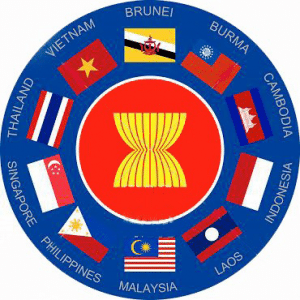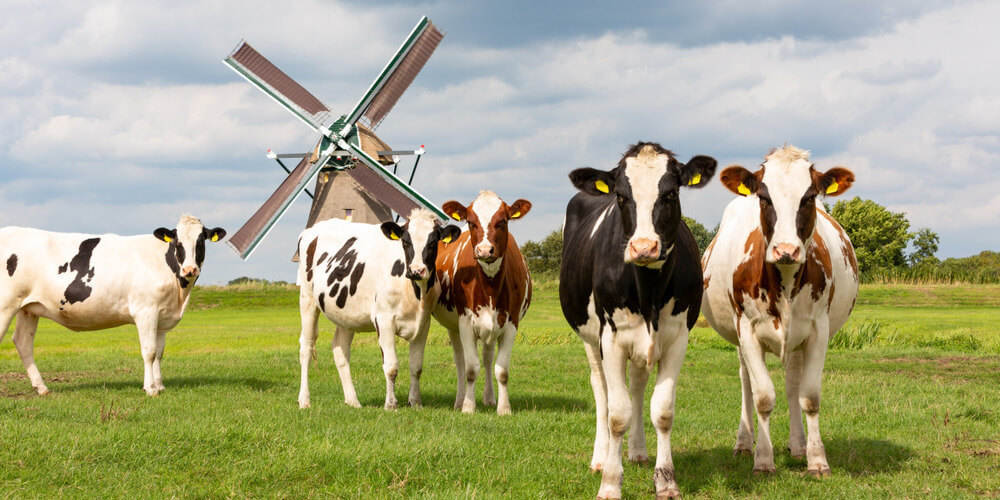IF Malaysia wants MS 1500: 2009 to be a truly global halal standard, it should be based on all of the Sunni schools of law, advised the mufti of Poland.
Tomasz Miskiewicz was in Malaysia recently to apply for recognition of Polish halal certification and discuss cooperation with the Halal Development Corp.
“One thing that surprised me was that all the standards set by the Islamic Development Department (Jakim) and Halal Industry Development Corporation (HDC) are based on the Shafie school,” he said.
Poland’s Muslim Religious Union, which he chairs, bases its halal certification on the Hanafi school. So do Pakistan and Russia, which has a Muslim population of between 40 to 40 million – while Morocco, Tunisia and Algeria base their halal standards on the Maliki school. (The other school is Hambali.)
The Sunnis do not eat food certified according to shia halal standards and vice versa, the 33-year-old mufti said. But about 95 per cent of Muslims are Sunni, he estimated.
“If Malaysia wants to create a world standard there should be a council of all four schools and they should agree,” he suggested.
MS 1500:2009 is the basic requirement for halal food products, food trade or business in Malaysia, stressed Mariam Abdul Latiff, vice president with HDC’s Halal Integrity Division.
Referring to the definitions of the standard, she said, “Syariah law defined by Malaysian law means the laws of Islam in the mazhab of Shafie or the laws of Islam in any of the other mazhabs of Maliki, Hambali and Hanafi which are approved by the Yang di- Pertuan Agong to be in force in the Federal Territory or the ruler of any state to be in force in the state, or fatwa approved by the Islamic authority.”



